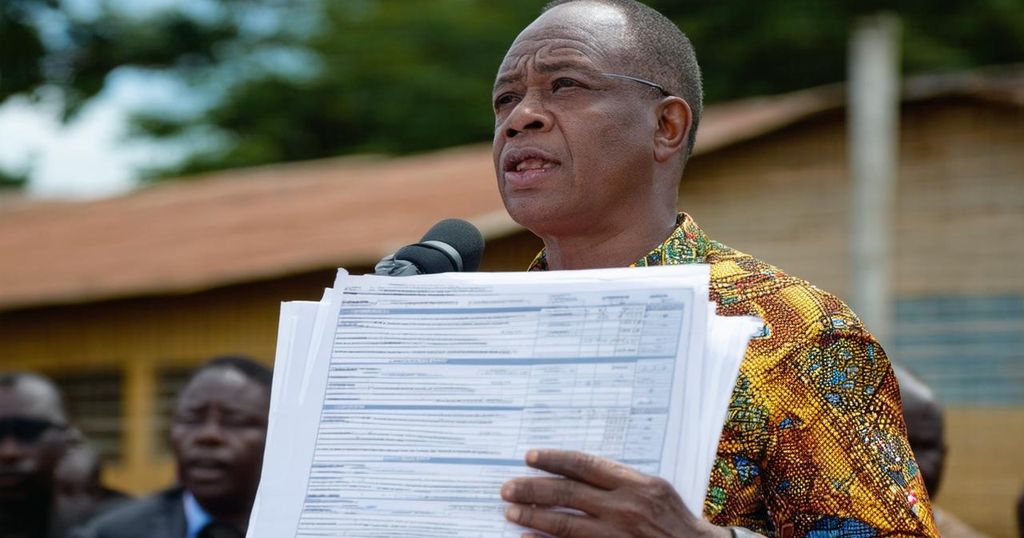Mozambique Ruling Party Declares Election Victory Amid Fraud Allegations
Daniel Chapo of the Frelimo party has been declared the winner of Mozambique’s presidential election, securing over 70 percent of the votes amid allegations of electoral fraud from opposition parties. The tense political environment has led to calls for protests and recent violent incidents involving opposition officials, raising questions about the legitimacy of the electoral process.
In Mozambique, Daniel Chapo, representing the ruling Frelimo party, has been announced as the winner of the recent presidential election, securing over 70 percent of the votes according to the National Election Commission (CNE). This comes amidst serious allegations of electoral manipulation and fraud made by opposition figures, particularly from independent candidate Venancio Mondlane, who claimed to have won the election despite receiving more than 20 percent of the votes. Days following the election held on October 9, the political climate remains tense, with calls for protests against Frelimo, which has governed Mozambique for nearly fifty years since its independence from Portugal in 1975. The results have further solidified Frelimo’s grip on power, with Chapo, 47, set to be the first president born after independence, taking office in January. Concerns regarding the legitimacy of the electoral process have been voiced, notably by the European Union observers, who reported an “unjustified alteration” of election results at several polling stations. This turmoil is exacerbated by violent incidents, including the recent murders of two opposition officials, which led to accusations against Mozambique’s security forces by the opposition party, Podemos. The police have initiated an investigation into these tragic events, although Frelimo condemned them as a reprehensible act.
The current political situation in Mozambique is shaped by decades of rule under the Frelimo party, which has faced multiple accusations of electoral fraud throughout its tenure. Since gaining independence from Portugal in 1975, Mozambique has experienced prolonged periods of political instability, including a civil war against the Renamo rebel group that has since evolved into the main opposition party. The governance of Frelimo has been characterized by a lack of transparency in elections and has consistently drawn ire from opposition parties. The recent elections have highlighted significant divisions in the nation, with protest movements emerging in response to perceived injustices in the electoral process. Moreover, political violence remains a critical issue, impacting the current electoral landscape.
In summary, the announcement of Daniel Chapo as the winner of Mozambique’s presidential election brings forth serious allegations of fraud, underscoring the contentious political environment in the country. Opposition claims of manipulated results reflect ongoing concerns about the integrity of the electoral process under Frelimo’s prolonged rule. As the country reflects on its democratic principles, the calls for protests by figures such as Venancio Mondlane signify a growing unrest that could shape Mozambique’s political landscape moving forward. The situation remains precarious with recent acts of violence further complicating the dialogue around governance and public safety in the nation.
Original Source: www.aljazeera.com




Post Comment